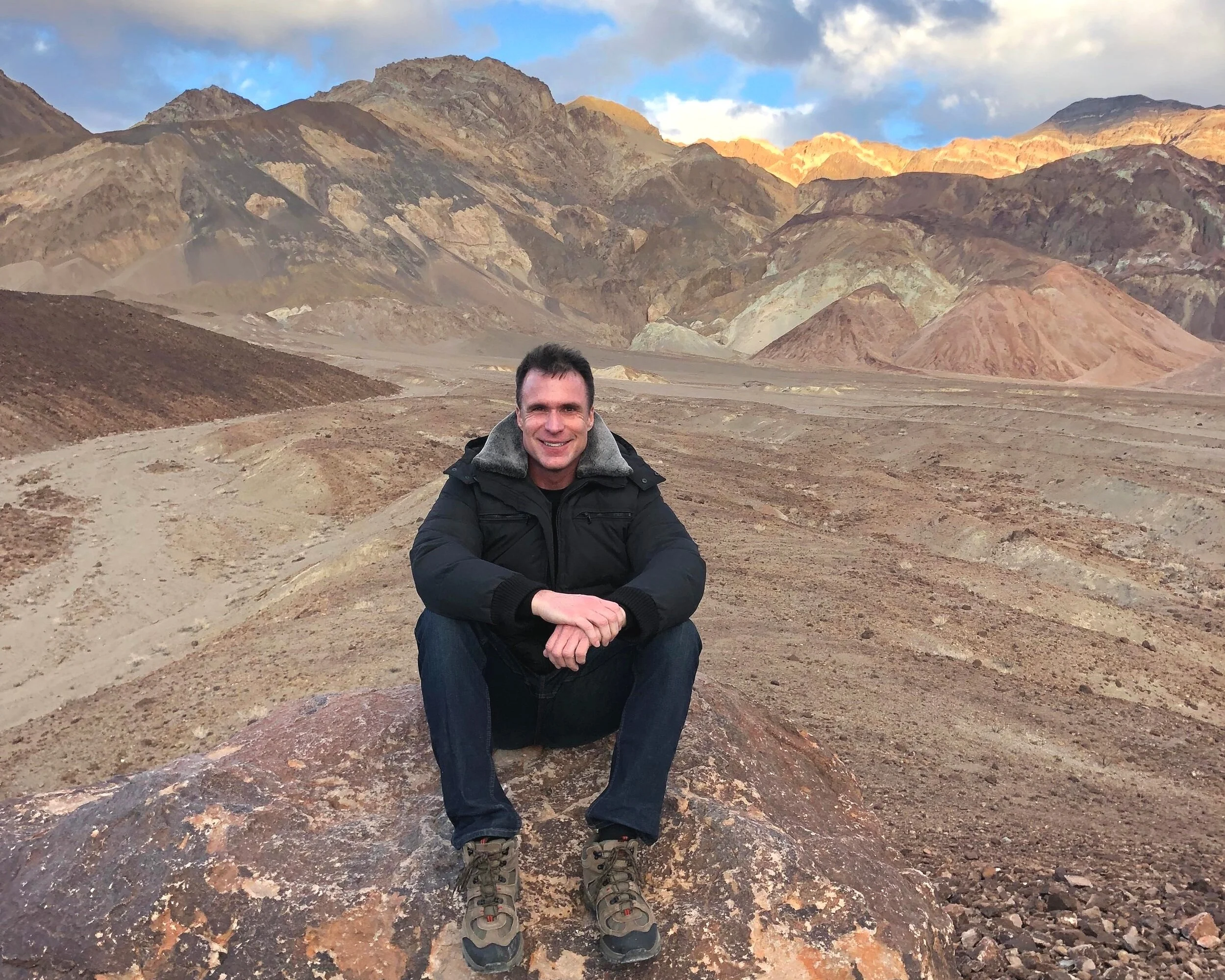I have been a psychologist for over 20 years with an expertise in Cognitive Behavioral Therapy. I’m passionate about not only helping my clients recover from what ails them, but also to help them improve their lives and achieve their dreams and goals.
EXPERTISE
Dr. Greg Cason
Licensed Psychologist (PSY15781) in California since 1998
Licensed Professional Counselor (LPC12981) in Texas since 1995
Diplomate, Academy of Cognitive Therapy (#1072)
Diplomate, American Psychotherapy Association (#10496)
Health Service Provider in Psychology, National Register (#44702)
EXPERIENCE
Psychologist in Private Practice 1998 - present
modality: Individual and Couples Therapy
theoretical orientation: Cognitive Behavioral Therapy (including REBT, ACT, & DBT)
specialities: Panic & Anxiety Treatment, Gay Men, Relationship issues,
Anger Management, Goal Achievement, Career Issues, Exercise, Body Issues.UCLA Clinical Faculty 2006 - present
(Cognitive Behavioral Clinic at David Geffen School of Medicine at UCLA)Director of Doctoral Training 2002 – 2005
Southern California Counseling Center, Los Angeles, CAClinical Supervisor 2000 - 2004
UCLA Neuropsychiatric Institute, Los Angeles, CAAssociate Director of Client Services 2000 - 2002
AIDS Project Los Angeles, Los Angeles, CADirector of the Counseling Center 1997 - 2000
Woodbury University, Burbank, CA
EDUCATION
Ph.D., University of Houston in Counseling Psychology (APA Accredited)
M.A., California State University, Northridge in Community-Clinical Psychology
B.A., University of California, Los Angeles (UCLA)
Internship in Professional Psychology -- The University of Texas at Austin (APA Accredited)
Post-Doctoral Fellowship in Clinical Psychology -- UCLA (APA Accredited)
Summer Fellowship in Rational Emotive Behavior Therapy
at the Albert Ellis Institute in NYC
EFFICACY
I GET RESULTS. Part of my secret to getting good results with my clients is that I continue to evaluate my work on an individual client basis and as well as a collective whole. I use checklists and surveys as well as other markers to help us both know if we are on the right track.
In one self-study of 73 clients using the Symptom Survey-77, I was able to show an overall reduction at the end of therapy in every category being evaluated (including Depression, Anxiety, Panic, OCD, Trauma/PTSD, and Physical Complaints).
For the statistical experts out there, the scores are based on T-scores which use a mean of 50 and a standard deviation of 10. If you do not know what that means, 50 is the average of most people who took the survey and a difference of 5 (up or down) is a big change in the score, 10 is a significant difference.
In sum, if you look at my intake scores versus my discharge scores for various symptoms, the therapy worked.
EMPATHY
Unlike therapy skills, empathy can’t be taught. It’s something that’s both innate and then shaped with life experience. Most psychotherapists are drawn to the profession because of our capacity to feel empathy and our desire to connect with and help others. But, each therapist has something special in his or her background that has played a unique role in helping them choose a career that uses empathy as a central component. Mine is my brother.
The biggest influence for me becoming a psychologist was having an older brother who has a severe developmental disability. There is no way for me to summarize the deep impact it had on me growing up or even to this day. But, he has helped shape my hunger for understanding why we human beings are the way we are and my strong desire to help others have deeper, fuller, and more enriching lives — no matter what the starting point.
Here is one of my favorite pictures of my brother carrying the Special Olympics Torch (with the assistance of a volunteer police officer). My brother has participated in the Special Olympics for years and it has always been one of his greatest joys.
“Let me win,
but if I cannot win,
let me be brave
in the attempt.”




